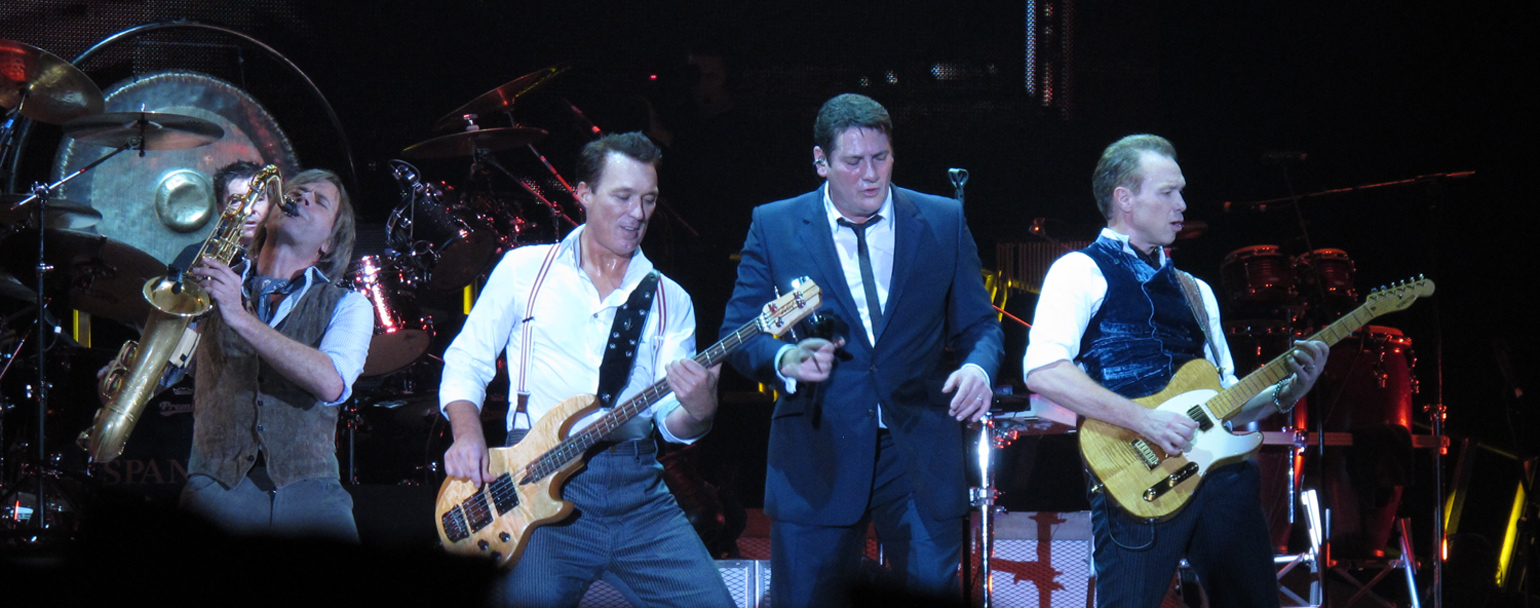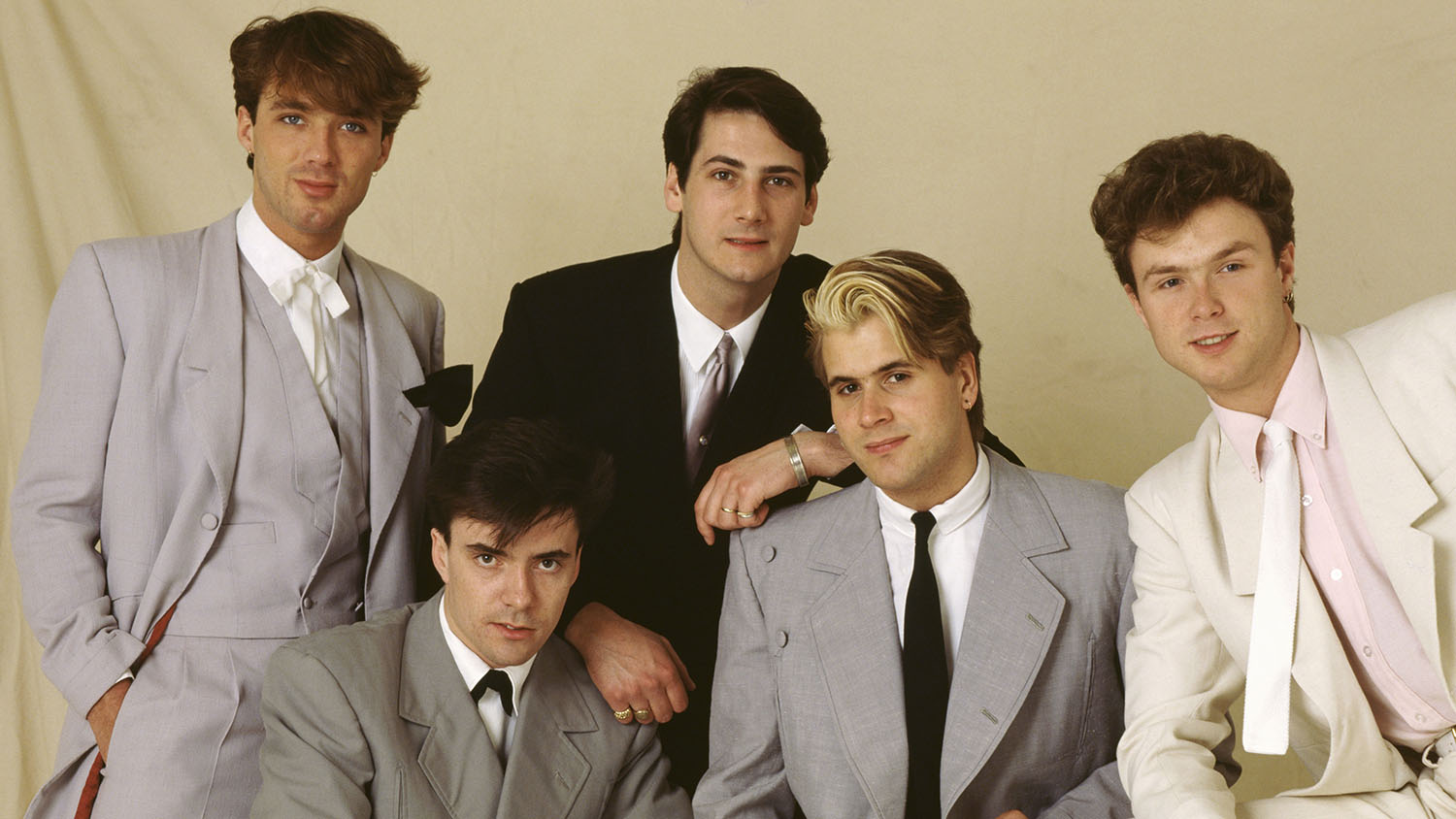Spandau Ballet: Echoes of the Past in Today's Musical Landscape
Exploring the legacy and potential comeback of Spandau Ballet, a band shaped by 1980s glamour and today's musical silence.

There are bands that emerge like rare minerals, each note they play shaped and polished by the pressures of fame and time. Spandau Ballet is one such band, whose legacy sparkles with the allure of 1980s glamour and excess. But like any mineral, the brilliance is accompanied by fractures and flaws, which have seemingly left the band adrift in today’s musical landscape. As whispers of a reunion stir the air, now is the time to reflect not just on their towering sound, but the inertia that punctuates their enduring silence.
Revisiting Tarnished Gold
Tony Hadley, the commanding voice behind the band’s most iconic hits, has once again thrown a pebble into the still waters of speculation. His 2017 departure—curiously attributed to "circumstances beyond my control"—left fans grappling with an unfinished narrative. While the circumstances may have been opaque, the impact was clear: an absence deeply felt by an audience hungry for that genuine, raw emotion only Spandau Ballet could deliver. Yet, in revisiting these emotions, we acknowledge how the shimmering facade of Spandau's legacy is marked by unresolved disputes and artistic stagnation.

A Gilded Past, A Hollow Present
In a world where mainstream music is often criticized for its lack of depth, Spandau Ballet's absence is particularly galling. The band once stood as a bastion of authenticity, a reminder that music could be both grandiose and genuinely felt. Today, the industry is awash in synthetic beats and prepackaged hits, a stark contrast to the band’s ability to convey raw passion and earnest storytelling. Yet, their prolonged silence has distanced them from this tumultuous evolution—transforming them from innovators into relics.

The Perils of Rebirth
Speculating about a reunion raises the question: can Spandau Ballet leap from nostalgia to relevance, or are they destined to remain prisoners of their own past? The challenge lies not merely in revisiting their sound but in rejuvenating it to reflect the complexities of the modern era. While reunion talks ignite hope, there is a risk that revisiting past glories will only underscore how time has moved on, leaving them shimmering in a gilded cage of their own making.

Ultimately, a reunion would not merely be an exercise in musical nostalgia, but a litmus test for the band’s relevance today. If Spandau Ballet can harness their timeless appeal and channel it into fresh, relevant artistry, they may yet reclaim the stage. However, failing to adapt might relegating them to the annals of pop history as a reminder of a vibrant past—diminished by time and circumstance—a poignant lesson in the dangers of resting on laurel-covered thrones.




